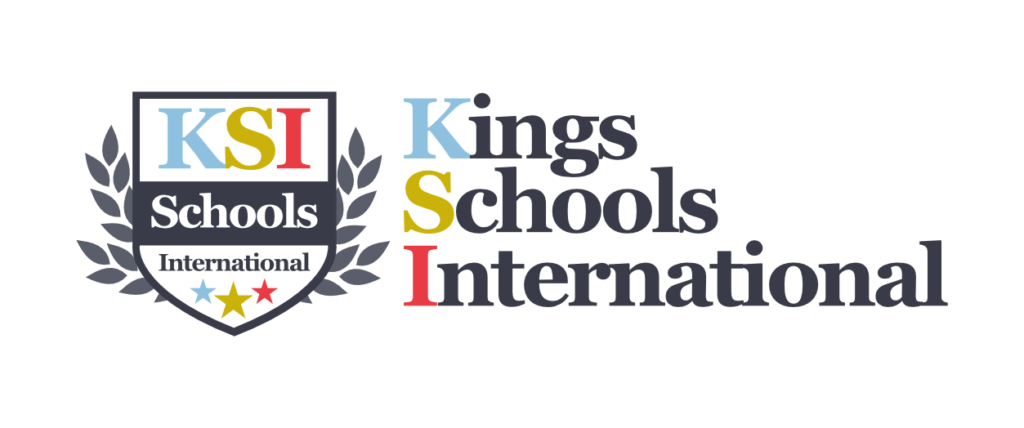Primary School Curriculum
(Year 2 - Year 6/SK ZŠ 1. - 5. ročník)
5 to 11 year old students
Throughout Years 2 to 6, we implement the Pearson iPrimary Curriculum for the core subject areas of English, Mathematics and Science in combination with our own foundation subject curricula. This programme of study is based on the English National Curriculum, but with an international approach – one suited to the diverse backgrounds, cultures and experiences of our students, and written with learners of English as an additional language in mind.
Learning in the primary school is structured around various topics which connect subjects such as Science, History, Geography, Art, Music, PSHE and more under a common six week theme. These topics are supported by stand alone lessons in core areas such as English, Maths and Languages.
Pearson Edexcel iPrimary is part of iProgress.
The iProgress family includes iPrimary, iLowerSecondary, International GCSE (IG) and International Advanced Level (IAL), and delivers a seamless and consistent learning journey for students and teachers, everywhere in the world. Based on the UK curriculum but designed with a global outlook, iProgress opens the doors of the best universities in all parts of the world and equips learners to thrive in an ever-changing global economy.
Principles for progress
Our teachers follow ten principles that will give students the best opportunity to develop along their learning journey. These aren’t just theoretical concepts, but practical ideas that every teacher incorporate in their lessons.
In addition to the ten principles, formative assessment underpins and runs through every aspect of the programme. Knowing the students’ starting point, understanding their learning and reflecting on their development helps to ensure progress for all.
1
Engaging everyone includes techniques for ensuring that all students are involved in the lesson and participate in discussion, including whole-class question-and- answer sessions.
2
Adapting teaching to ensure that all students can access the learning according to their level and achieve good outcomes. These techniques also convey the importance of having high expectations of all students.
3
Enabling independent learning outlines ways of supporting your students to ‘have a go’ and not to be put off by challenging ideas or tasks. It also provides techniques for helping all students take more responsibility for their own progress.
4
Effective questioning by asking questions that make students think. It outlines question types (for example, closed, open, factual, conceptual, probing, discussion) and provides examples of each.
5
Teacher talk is important and we ensure to make it as effective as possible with ways of engaging students as teacher introduce new content and explain activities.
6
Collaborative activities are vital for growing student skills, and we provide lots of opportunities and encourage grouping of students and ensuring that group work is really focused and productive. We encourage students to take responsibility for their own learning and offer ways in which group work can also build confidence.
7
Teacher demonstration focuses on the teacher supporting the interpretation of the curriculum with practical examples and thus also modeling important learning behaviors.
8
Developing thinking skills by teacher encouraging students’ abilities to think critically, to problem-solve and to carry out their own mini inquiries.
9
Reflecting on learning is about getting students to think constructively about their own learning and to take control over how to make better progress.
10
Feedback (in both directions) by conducting good two-way feedback between teacher and student in order to improve learning and achievement.

